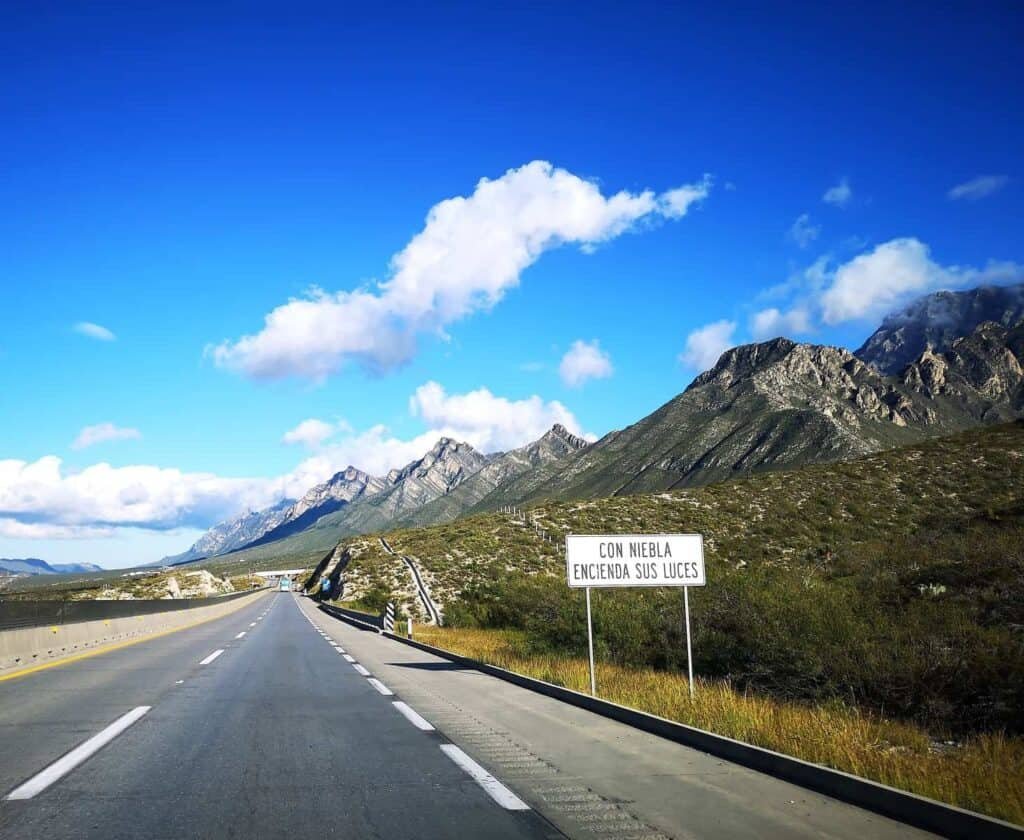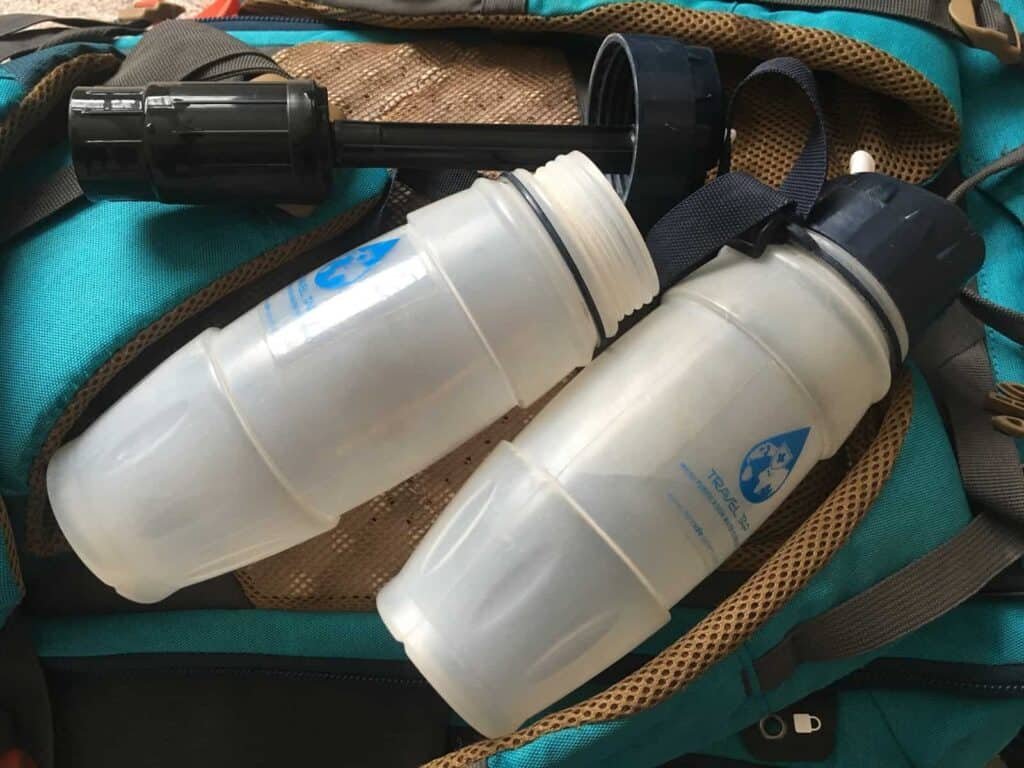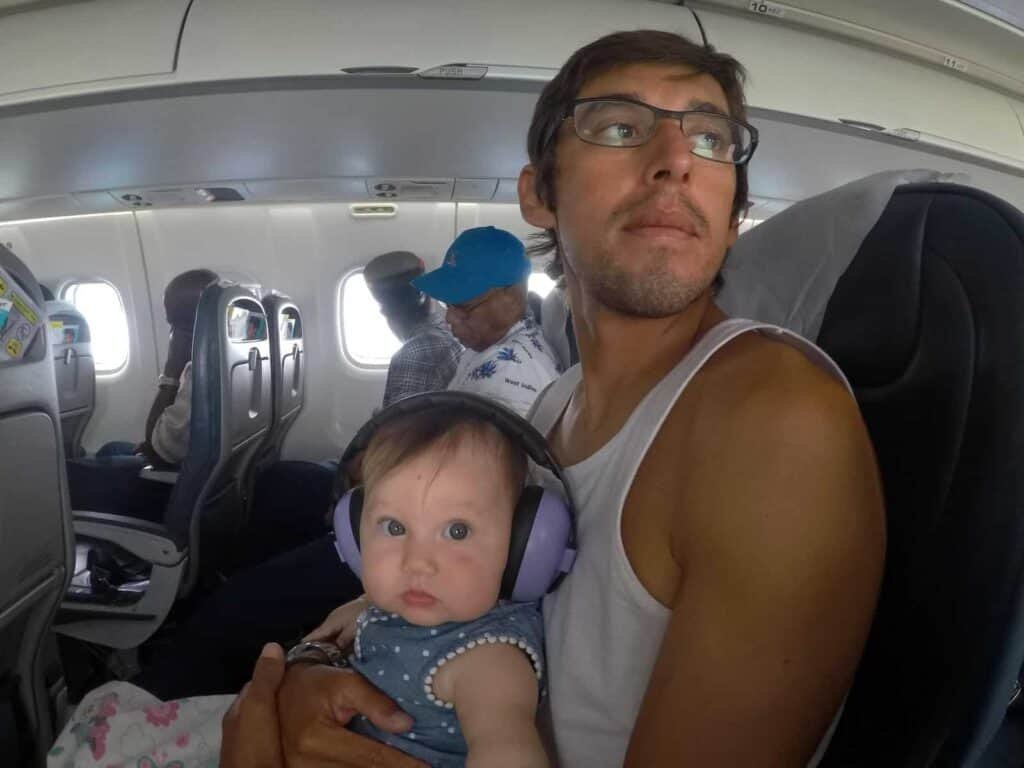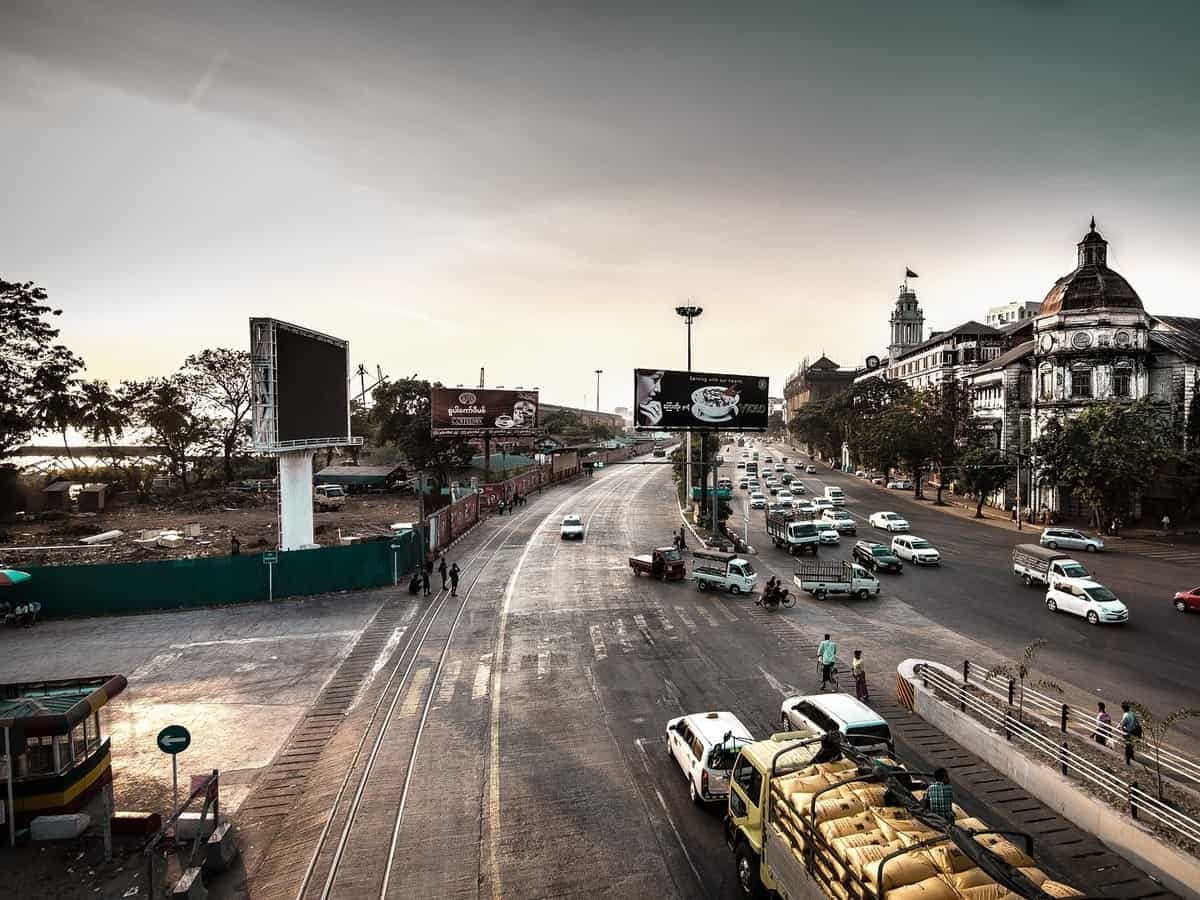Following on from the success of our recent post on money-saving tips, we have reached out to the traveling community to see what other money-saving ideas we can share with you to help you save money while traveling!
Some of these are new to us because we don’t travel with young kids, so thank you to everyone who contributed to this list, and I hope everyone enjoys these money saving tips for travel as much as the last.
If you haven’t read our first post on saving money while traveling, you can do that here.
Contents
- 1 1. Drive Your Own Car. Save On Flights, Car Rental, And Checked Luggage Fees
- 2 2. Kitchen Essentials
- 3 3. Ebates
- 4 4. Pack an Aeropress Coffee Maker
- 5 5. Traveling Off-Season
- 6 6. Travel During The Night
- 7 7. Vacation Homes
- 8 8. Car Seats
- 9 9. Use A Filter Water Bottle
- 10 10. Home Exchange
- 11 11. Using Credit Cards With No Foreign Transaction Fees, Withdrawing Money Wisely, And Taking Cash
- 12 12. Travel Before Your Kids Turn Two!
1. Drive Your Own Car. Save On Flights, Car Rental, And Checked Luggage Fees
Contributed by Mary, from The Calculated Traveller
My money-saving travel tip starts at home.
If your trip is within the same continent, consider driving to your destination instead of flying.
Driving your car saves hundreds of dollars on the purchase of multiple airline tickets, especially if you travel with numerous family members.
It also saves you money on checked luggage fees and the cost of a car rental at your destination.
We regularly drive from our home in Toronto, Canada, to Florida — we get to spend quality time together on long drives and find that we have the best adventures along the road visiting smaller cities en route.

2. Kitchen Essentials
Contributed by Jessica, from Longest Bus Rides
When traveling, the largest expenses are transportation, accommodation, and meals.
Even in very low-cost destinations like Southeast Asia, where meals are only a few dollars, unprepared food is even less.
One of the simplest ways to save money on food is to purchase food from markets rather than restaurants.
On a recent 6-week road trip through Spain, I purchased the following items and kept them in a box in the car boot.
It meant that I could easily prepare my own food, whether in a hotel room, Airbnb, or hostel.
The six items are a knife, cutting board, salt, pepper, olive oil, and balsamic vinegar.
I could always make a salad dressing with bread, cheese, and cured meat with these few items.
As I passed through villages or cities, I added fresh foods to my little box.
Four Packs Travel Tip!
An excellent suggestion for knives is this paring knife, made from Japanese steel. We had Japanese steel knives at home before we left to travel, and they are excellent knives and high quality.
This cute Salt & Pepper shaker comes with a leather pouch, is compact, and is made from stainless steel.
Remember that knives cannot be carried onto flights in carry-on luggage. Also, liquids are limited.
Finally, if traveling by bus or other transport where liquids might spill, get a plastic half-liter coca-cola bottle for the olive oil, so you can screw the bottle tight and more easily keep it upright, preventing leakage.
I learned that trick from an Italian guy who made us a great pasta dinner in Lesotho (a tiny country in southern Africa).
3. Ebates
Contributed by Emma, from Money Can Buy Me Happiness
We use Ebates whenever we travel to get cashback on our accommodation bookings.
By using Ebates, I can get cashback for booking travel online using all my favorite sites.
I use booking.com, Accor hotels (I love me an Ibis – cheap but comfortable), Expedia – pretty much all my travel bookings are online!
To earn cashback with Ebates, you’ll need to sign up and run your ‘shopping trips’ through Ebates.
You’ll then be redirected to a screen like the one pictured (see screenshot), which will tell you how much cashback you could earn from your booking.
I also use Ebates for buying guidebooks before I travel on Book Depository or buying travel gear on Amazon.
They work with over 2000 retailers, so there are a lot of options for saving money.
Ebates will only pay out after your accommodation booking or trip is completed.
They pay via Paypal, every quarter, and always in USD. I’ve been a member for over three years and always get paid on time.

4. Pack an Aeropress Coffee Maker
Contributed by Rachel, from Creators of Coffee
We are budget travelers, but there is one thing we can’t sacrifice when we travel, and that is drinking good coffee.
Unfortunately, in many countries we travel to, the coffee is either terrible or terribly expensive.
To resolve these two issues, we travel with an Aeropress coffee maker.
While a Moka pot is another portable coffee maker that produces excellent coffee, the Aeropress is unique in its simplicity.
This Aeropress comes with a bag to store it all in. Great for traveling!
Compact, lightweight, and easy to use, all you need is access to hot water and fresh coffee beans to make cheap, great-tasting coffee every day.
We are always able to source hot water, even when our room does not have a kettle.
If you love super fresh coffee (who doesn’t!), we suggest you also carry a small manual hand grinder.
This means you can grind your coffee beans on demand instead of storing ground coffee.
The hand grinder is perfect alongside the Aeropress and means you will have the freshest tasting coffee in your hostel, campground, or hotel.
This adjustable hand coffee grinder is excellent for fresh ground coffee every day.
We also love this stainless steel filter. No more paper filters and less waste!
5. Traveling Off-Season
Contributed by David, from Paid Surveys Fanatic
There’s a super-easy way to save money while traveling, which requires no effort on your part and could make your trip all the more enjoyable and arguably more culturally authentic – it involves traveling off-season.
In most tourist destinations worldwide, there are specific periods where tourists are more likely to visit than others.
This is particularly true for the warmer months.
This higher demand means fewer hotels and other services are available, and following the basic rules of economics, prices go in an upwards direction.
The way to get around this is to travel when the least amount of tourists visit.
What you’ll find is not only cheaper hotels but better accessibility to major attractions as you’ll be competing with fewer tourists, with no compromise having to be made to your comfort.
Some of the best hotel deals and top hotels can be found during these periods.
6. Travel During The Night
Contributed by Barbara, from Travel Gear For Kids
However cheap you manage to make your trip, the highest cost will almost always be your accommodation.
Especially in Western countries, a double room can add up to about $100 a night for a relatively basic sleeping place.
What would you prefer? Staying the night and getting up before sunrise to catch that 10-hour bus ride – in the meantime missing out on that breakfast included in the price.
Or leave your luggage at the ho(s)tel, spend the day out and about, have a great dinner, and ultimately hop on a bus or train that brings you to your next destination where you arrive just in time for breakfast?
Ok, that sounds a little rosier than it actually is!
In general, you won’t get that much of a good night’s sleep compared to staying in a room and sleeping in a bed.
Furthermore, when traveling by bus, you’ll be lucky if you can recline towards something remotely comfortable.
But, that doesn’t take away from the fact that you can travel longer distances without spending an entire day on public transport, and that you can save a decent amount of money on your accommodation.

7. Vacation Homes
Contributed by Oliver, from Aciu – Travel Tips for Europe
I love traveling to Europe. The number one comment I get from people is, “I’d love to go, but it’s so expensive.”
Well, it doesn’t have to be!
Renting a vacation home in Europe is one of the best ways to save money, but not compromise comfort.
I have spent between €33 and €50 a night for beautiful places when traveling by myself.
Compare that to a hotel in those same cities for €100-250 a night.
Traveling with my family (five of us) costs us between €400 and €1000 a week. It was way cheaper than a hotel, and we had a lot more space.
The savings don’t end there. I always have a full kitchen, which saves me a ton of money on food.
If I spend just €10 a meal, I would be spending €210 a week on food! Buying my own groceries for the week could cost me about €20-30.
I still get to enjoy local meals when I want and don’t feel like I’m going broke doing it.
So next time you travel, consider a vacation home. You’ll never rent a hotel again.

8. Car Seats
Contributed by Clare, from Epic Road Rides
We’ve saved so much money since we realized that airlines allow you to take your child’s car seat on board at no cost (but do check the policy of the airline you’re traveling with).
This has saved us a lot of money, as car hire companies charge a lot to rent car seats from them.
In the past, we’ve found they charge on a per-day basis.
While some operate a cap on the cost, in the past, we’ve paid around 150 euros to hire two child car seats for a week.
I think we had been put off bringing our own seats initially because we couldn’t see how we’d manage to carry them together with other luggage and the children.
However, we discovered you can buy brilliant rucksacks for your car seats.
These allow you to easily transport the car seat into the airport and from the airport to wherever you’re going the other end.
We particularly like this Car Seat Travel Bag, which has sturdy straps and a good zip.
So follow our advice, and ditch the hire fees in favor of taking your own child car seats with you when you travel!
9. Use A Filter Water Bottle
Contributed by Sarah, from ASocialNomad
If you can save money every day when you’re traveling, it’s a bonus, and that’s what a good filter water bottle lets you do because everyone needs water – whether it’s to drink or clean your teeth.
There are many locations worldwide where the water isn’t potable, or it tastes terrible, so it’s necessary to have bottled water – unless you have a filter water bottle.
I always travel with a water bottle with a filter – even at home.
It lets me fill up with water from any source (apart from saltwater, which clogs the filter), so dodgy taps, streams and rivers are all fair game.
Depending on their ratings, filters will remove Giardia and Cryptosporidium from untreated or contaminated water and other bugs, which can cause nasty gastrointestinal diseases.
This filtered water bottle by LifeStraw is an excellent option for those on the go.
I save US$425 a year with my filter water bottle – which is a LOT! – And it also protects the environment by not polluting garbage dumps with plastic bottles, especially in areas where recycling isn’t standard.

10. Home Exchange
Contributed by Melissa, from The Family Voyage
One of the most significant expenses while traveling is always accommodation, so why not stay for free?
A great way to cut costs is by doing a home exchange.
Just like in The Holiday, willing travelers swap homes and potentially even cars to gain access to new destinations on a budget.
Even better, some new services like GuesttoGuest allow you to do non-reciprocal exchanges with points so that you don’t need an exact match for dates and locations!
In addition to the financial benefits, home exchanges allow you to experience locations more like a local.
You’ll usually stay in a residential area; you’ll shop at the grocery store (more money-saving!), and sometimes even meet the neighbors.
The savings mount even more when you combine home exchange with slow travel – you’ll economize on food, car rental, and other transportation when you park yourself in someone else’s home for a month or more as we did in Hawaii!

11. Using Credit Cards With No Foreign Transaction Fees, Withdrawing Money Wisely, And Taking Cash
Contributed by Marie, from Our City Travels
Travelling requires more than just booking flights, hotels, and having enough money.
It involves careful planning of dates, things to do, food to eat, and even budgeting.
One mistake most of us commit is not correctly estimating the costs involved in money, whether it’s exchanging some cash from your home base bank, at the airport, or at money changer counters in the city you are visiting.
Airport money bureaus often have less favorable exchange rates than others, so don’t be eager to exchange your cash there and then.
However, there may be cases that you need to use money when you arrive, so it is wise to bring a little amount of the countries currency to get you through, and your home base bank may be the best place to exchange money.
Withdrawing money from some ATMs also involves fees, so you need to know your bank policies and be familiar with the countries banks you are withdrawing from.
If you take out money as often as you would at home, you’d be spending too much on fees, especially if the foreign banks’ policies include conversion rates.
At best, using credit cards with no foreign transaction fees is the least expensive.
Many credit card companies offer rewards or cash-backs, and are beneficial for frequent travelers later on.
12. Travel Before Your Kids Turn Two!
Contributed by Michelle, from Travel Fun Fam
Our tip to save money is to travel before your child turns two!
Many people believe that traveling with babies is more expensive, so they avoid it altogether; however, there are practical reasons to travel with little ones.
Traveling with a baby or toddler under the age of two allows you to take full advantage of the off-season prices because you don’t have to worry about them missing school.
Prices and crowds are at their lowest, so think twice before you say no to traveling with a child under the age of two.
In addition to the practicality, toddlers are cheap travel buddies because they are free nearly everywhere.
Since babies and toddlers don’t need much space, airlines allow lap child tickets up until the age of two.
Hotels don’t charge for babies, and some even have complimentary cribs that will make your stay very comfortable.
Once you arrive at your destination, the tour companies or trips you might take will most likely not charge you to bring baby along.
Just be realistic on the tour; you are obviously not going to be able to bring a baby or toddler on an ATV, zipline, or any other extreme sport/tour for safety reasons.





